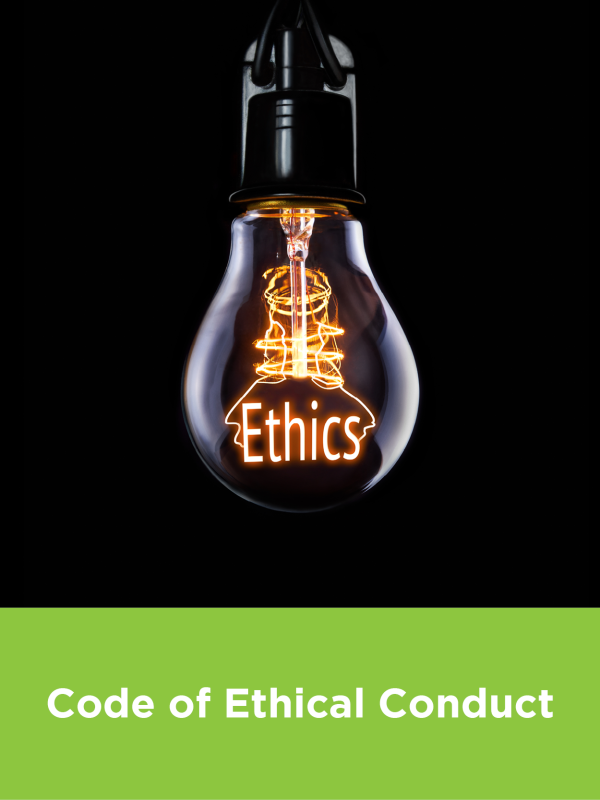
ICNZB Zealand takes ethics and professionalism very seriously.
We hold our Bookkeepers accountable for their work on behalf of the New Zealand public.
Bookkeepers hold a significant position of trust with their clients. They are required to apply their skills and reach informed decisions in relation to the work they do. The decisions they make and the services they provide will likely not impact just themselves and their clients but may have wide-reaching effects on other parties.
The actions of members as individual bookkeepers plays an important role in how the ethics of the profession are viewed by the public. If we do not behave ethically, we lose the public’s trust and confidence, and our standing and influence.
The Code of Ethical Conduct / Ngā Tikanga Matatika (the Code) outlines and defines our obligations as bookkeeping professionals, and the responsibilities we have to others.
The Code guides us in 3 key ways:
- It defines what an ethical bookkeeper looks like
- It tells us what we need to do to be ethical practitioners (for example, keep our knowledge and skills up to date); and
- It helps us decide what to do in difficult ethical situations by reference to agreed standards of behaviour.
Download the Code
The Code outlines the high standards of ethical behaviour expected of all members of ICNZB:
- Principle 1 | Practice Competence
- Principle 2 | Confidentiality
- Principle 3 | Embracing Diversity
- Principle 4 | Integrity
- Principle 5 | Objectivity
- Principle 6 | Professionalism

Compliance to the Code
Adherence to the Code is vital to the reputation of our profession, our members, and the Association. This Code gives the public confidence that our members have agreed to uphold high standards of ethical behaviour, and it is a benchmark by which we can measure expected conduct.
Members of ICNZB are subject to the Code and are required at their annual membership renewal to declare compliance with the Code. Every three years members are required to complete and pass an ethical assessment in order to continue their membership.
As the leading professional body for bookkeepers in New Zealand, ICNZB sets high standards for its members ethical conduct and strongly encourages any individual working as a bookkeeper who may not be a member, to follow the key principles of practices.
Breaching the Code
If a person has reasonable grounds to believe that any member of ICNZB has, or could have, breached the Code of Ethical Conduct, they must bring the matter to the notice of ICNZB.
If a member, client, or non-member are involved in a dispute with a member and have been unable to resolve this directly with them, they are able to lodge a formal complaint and request the matter be investigated.
Formal complaints are only able to be actioned by ICNZB against members if they have breached one of the six core principles of the Code of Ethical Conduct. Examples of this includes, but is not limited to:
- If you feel your privacy and/or the confidentiality of your business or personal affairs has been broken.
- You receive a poor, non-competent and/or unprofessional service.
- You feel your bookkeeper has failed to conform to compliances.
- Your bookkeeper has stolen/embezzled money.
- Your bookkeeper has knowingly presented incorrect information/reports.
- You think your bookkeeper is involved with criminal activity.
- You have evidence that the bookkeeper is/has been declared bankrupt.

If you have reasonable grounds to believe that an ICNZB member could have breached the Code of Ethical Conduct, you are able to submit a complaint to the Association.

To ensure you are aware of what roles a Bookkeeper can perform, we have developed a glossary of commonly performed roles.

Are you looking for a bookkeeper to help you with your business? Look no further - we have a whole directory of Certified Bookkeepers and Master Bookkeepers ready to help!

